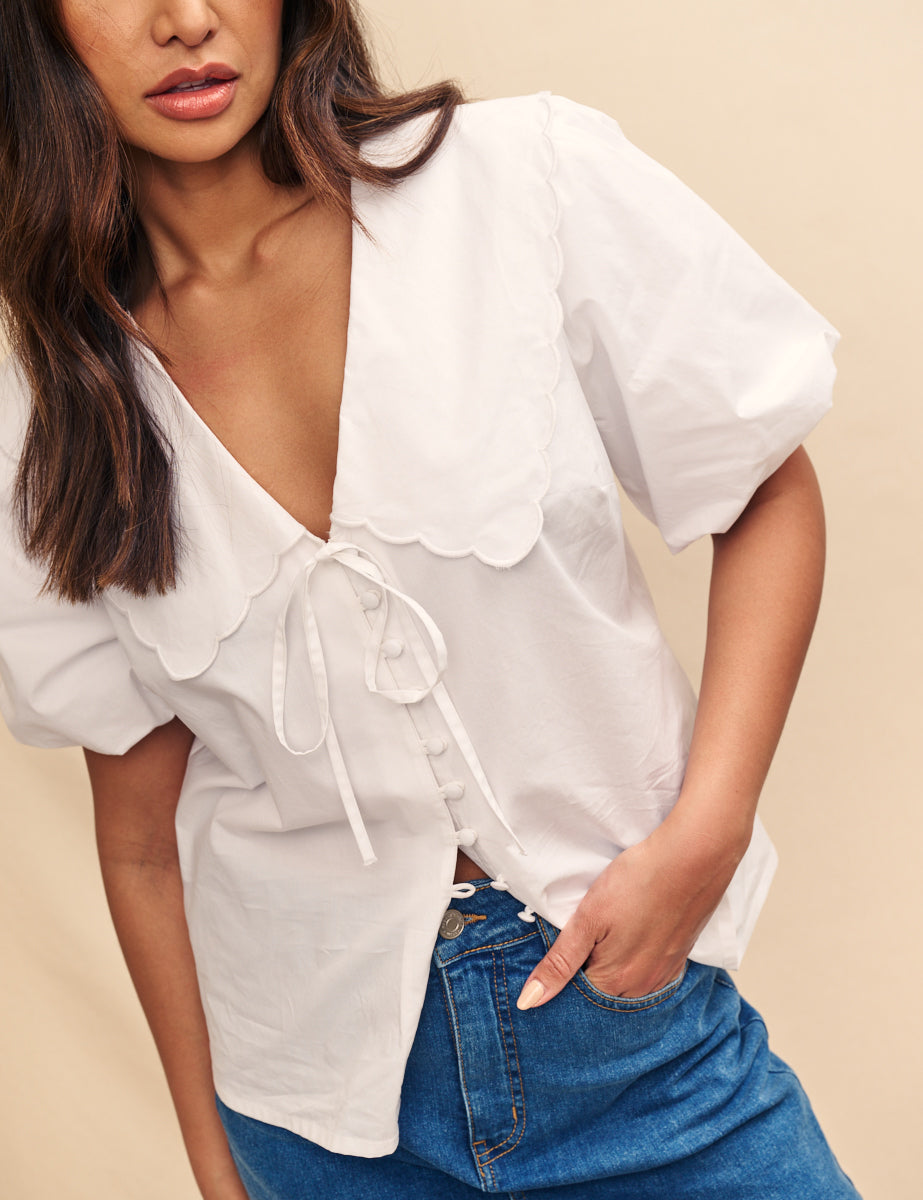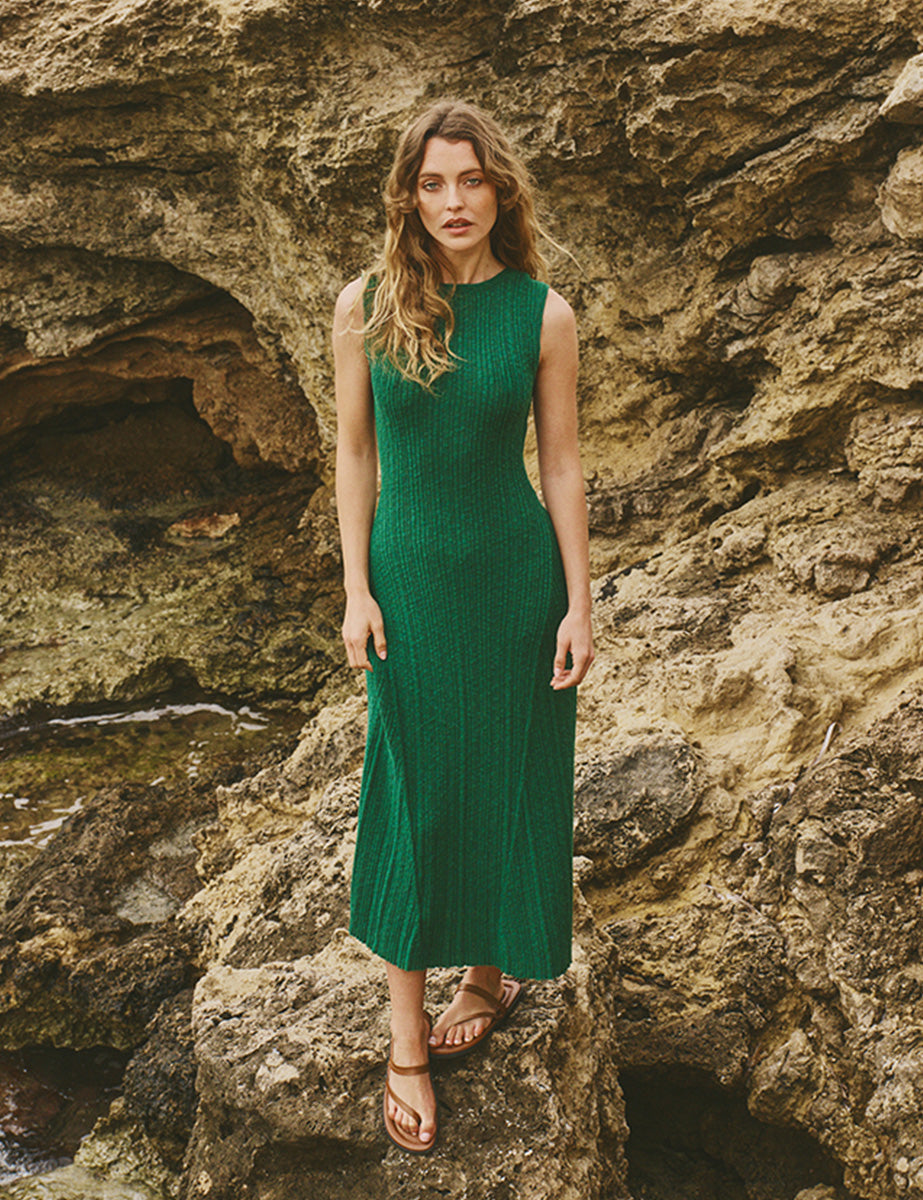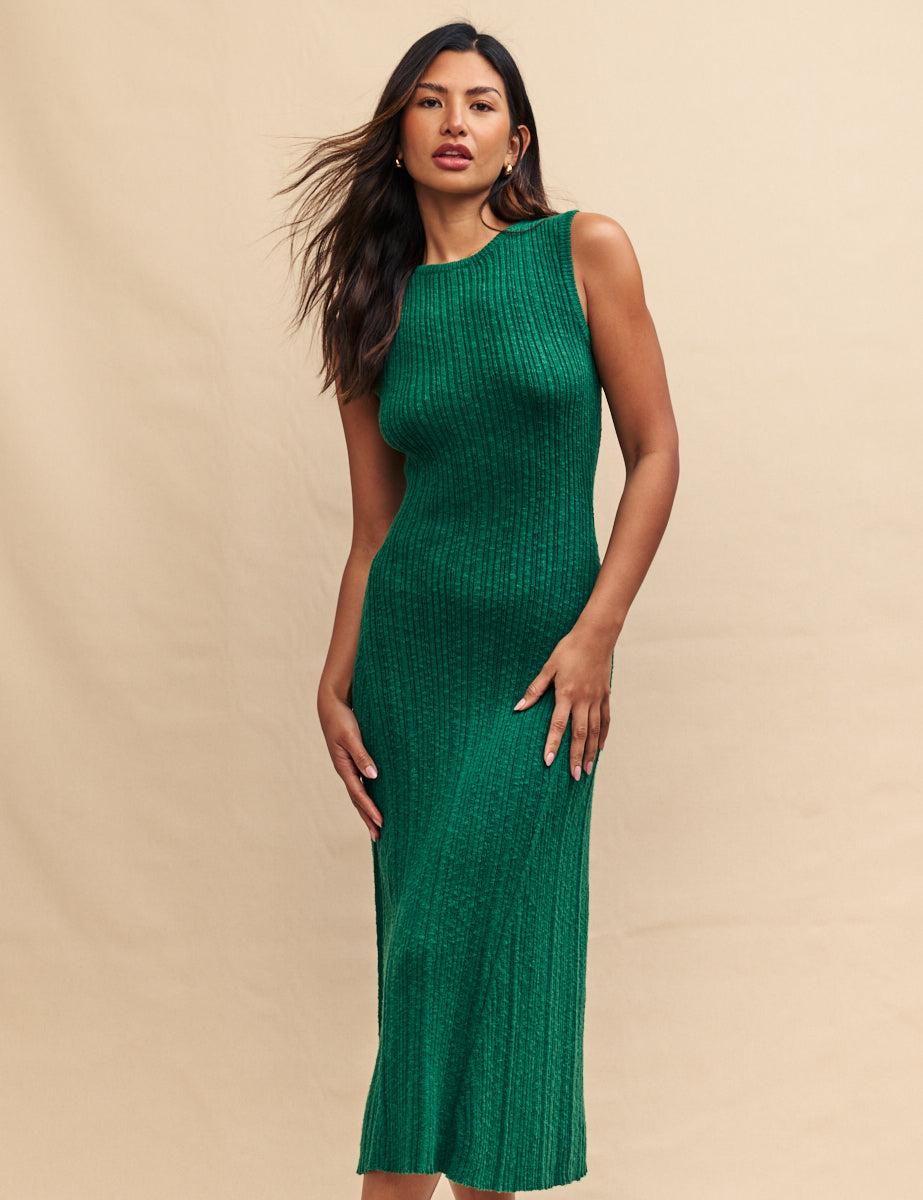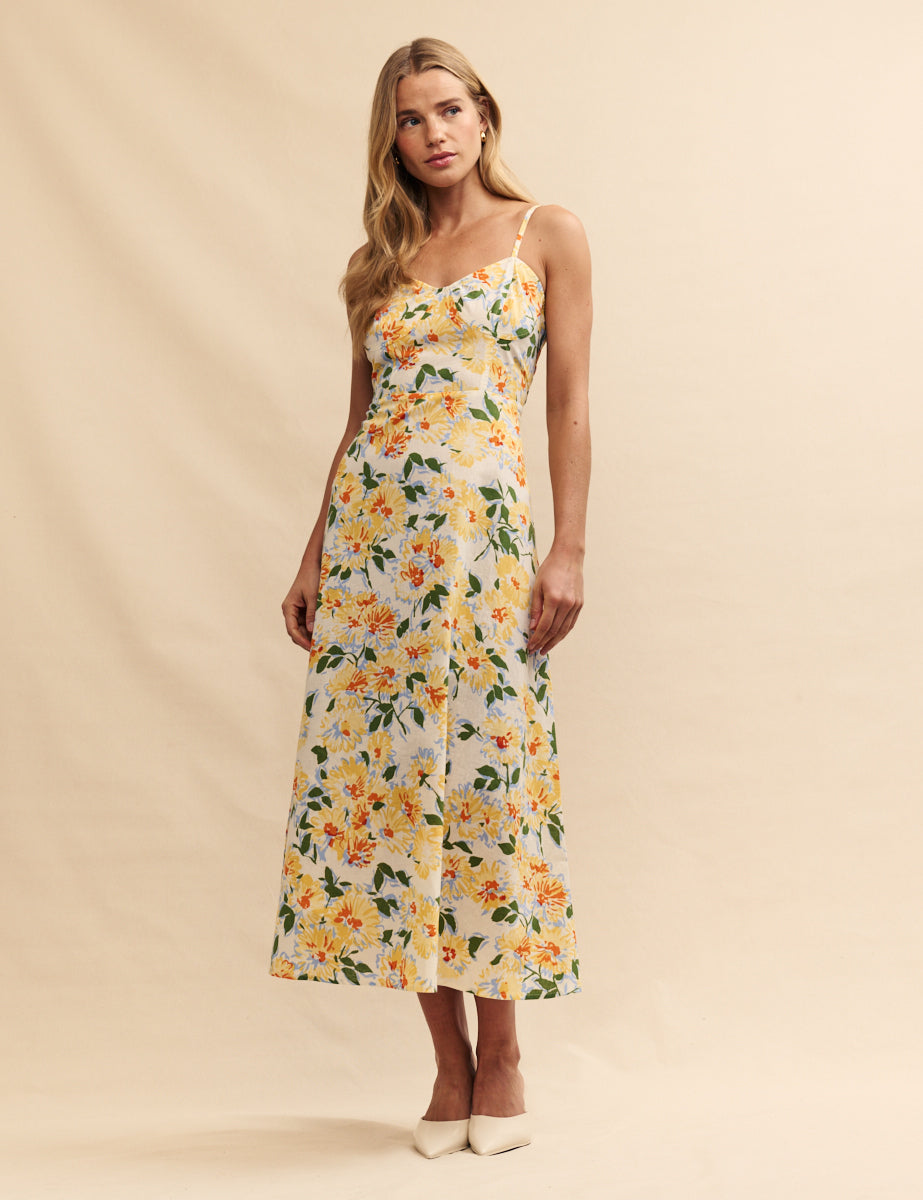
Product
When it comes to product, we are on a mission to bring our customer responsibly made clothing, but also offer access to services and systems that keep our products
loved and in use for as long as possible.
Our fabrics
Our materials mix favours reduced-impact alternatives to conventional materials, and seek to source bast fibres such as linen, or certified organic, recycled, or responsibly source fibres. We currently define a responsible fabric as one where at least 50% of the composition is reduced-impact alternative. We are continually assessing our materials mix to identify areas to improve, and will investigate innovative additions through R&D.
Cotton
Cotton is one of fashion’s most ubiquitous fibres, accounting for a large proportion of Earth’s cultivated fibres. Where we can, we source organic cotton avoids agricultural and processing chemicals such as pesticides and fertilisers. When organic cotton is unavailable, we source transitional and Better Cotton Initiative (BCI) cotton, either grown by farmers switching over from non-organic cotton, or grown by farmers who are part of the BCI programme.
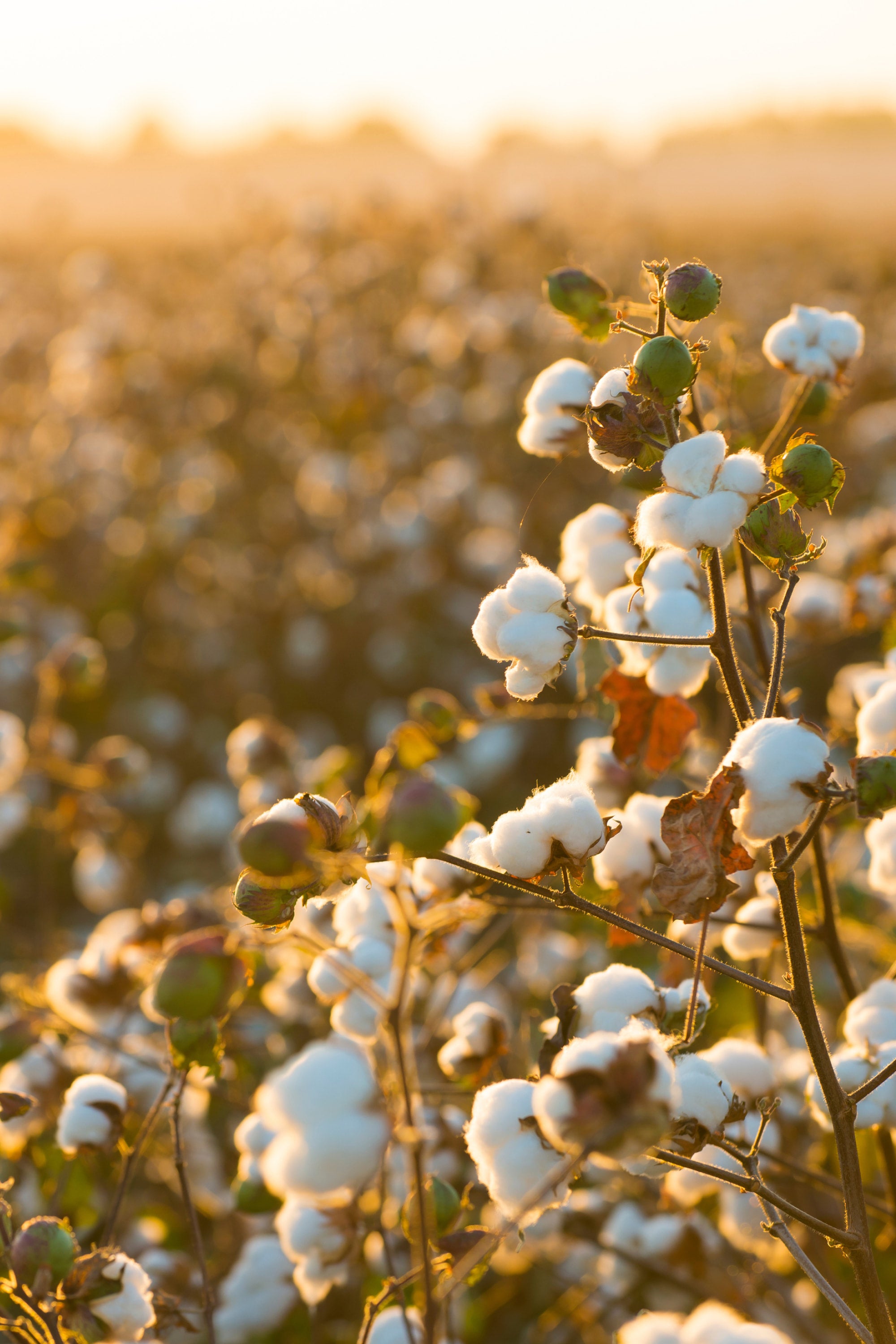
TENCEL™ Lyocell
Lyocell belong to the Man-made Cellulosic Fibre (MMCF) category. These fibres are made by dissolving plant-based matter into a pulp, for extrusion into a fibres. We use
Lenzing’s TENCEL™ Lyocell because it is derived from certified responsible forestry and produced using Lenzing’s signature closed-loop chemical and water management system.

Synthetics
Where we use synthetic materials such as nylon, polyester, and acrylic, we seek out certified recycled fibres to reduce dependence on virgin fossil fuel-based materials. Currently, we favour ECONYL® Regenerated Polyamide and REPREVE® Recycled Polyester, fibres derived from pre-and post-consumer synthetic
materials such as carpets, bottles, and fishing nets. We understand recycled synthetics still have an impact, so we monitor our use and pay close attention to any reduced-impact innovations that emerge.

Viscose
Viscose is another one of our commonly used fabrics and part of the Man-made Cellulosic Fibre (MMCF) group. These fibres are made by extruding cellulose pulp into fibres. We seek to source MMCFs, including viscose, from certified responsible forestry and chemical management, including ECOVEROTM by Lenzing and Livaeco TM by Birla.
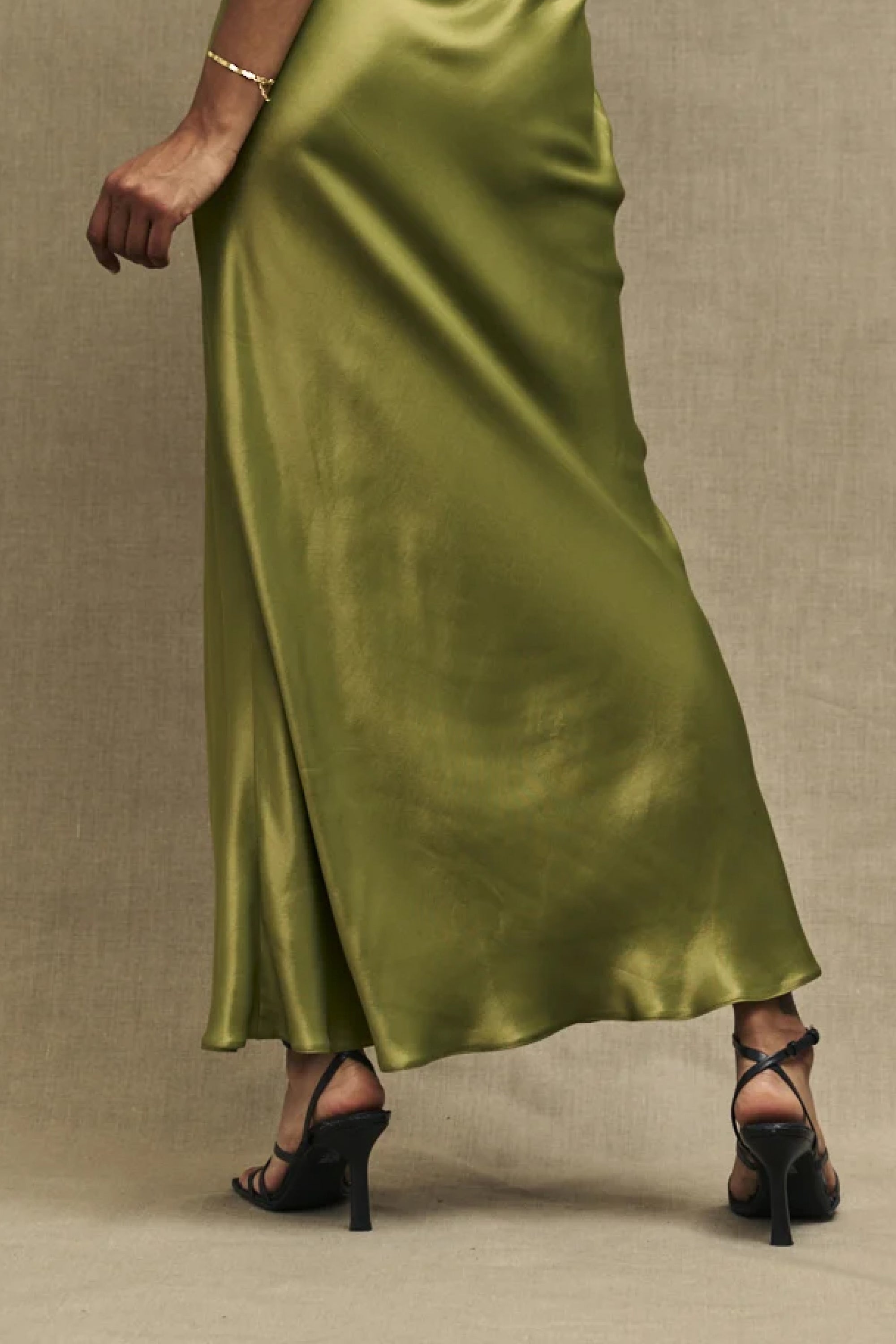
Denim
Whenever possible we use organic cotton to produce our denim garments. In additional to the benefits explained above we also use the Jeanologia’s Environmental Impact Measure (EIM) system to guide our Denim finishing practices. EIM helps us assess whether our efforts are leading to the desired reduction of environmental impact. EIM assesses:
• Water consumption
• Energy consumption
• Chemical product used
• Worker health
We also laser our NC Logo directly onto our jeans, using less fabric. We do not allow any non-functioning rivet or buttons.
We continue to work with our supplier Chottani, to improve our Denim offering.

Linen
SS23 saw the introduction of linen into our fabric mix. Linen is a natural fibre derived from the flax plant which grows quickly with a smaller water and chemical footprint compared to many other fibres. When grown using responsible farming practices, flax naturally produces optimum soil quality. Linen fabric is breathable, durable and has unique thermo-regulating properties meaning its wearable in both the summer and winter.
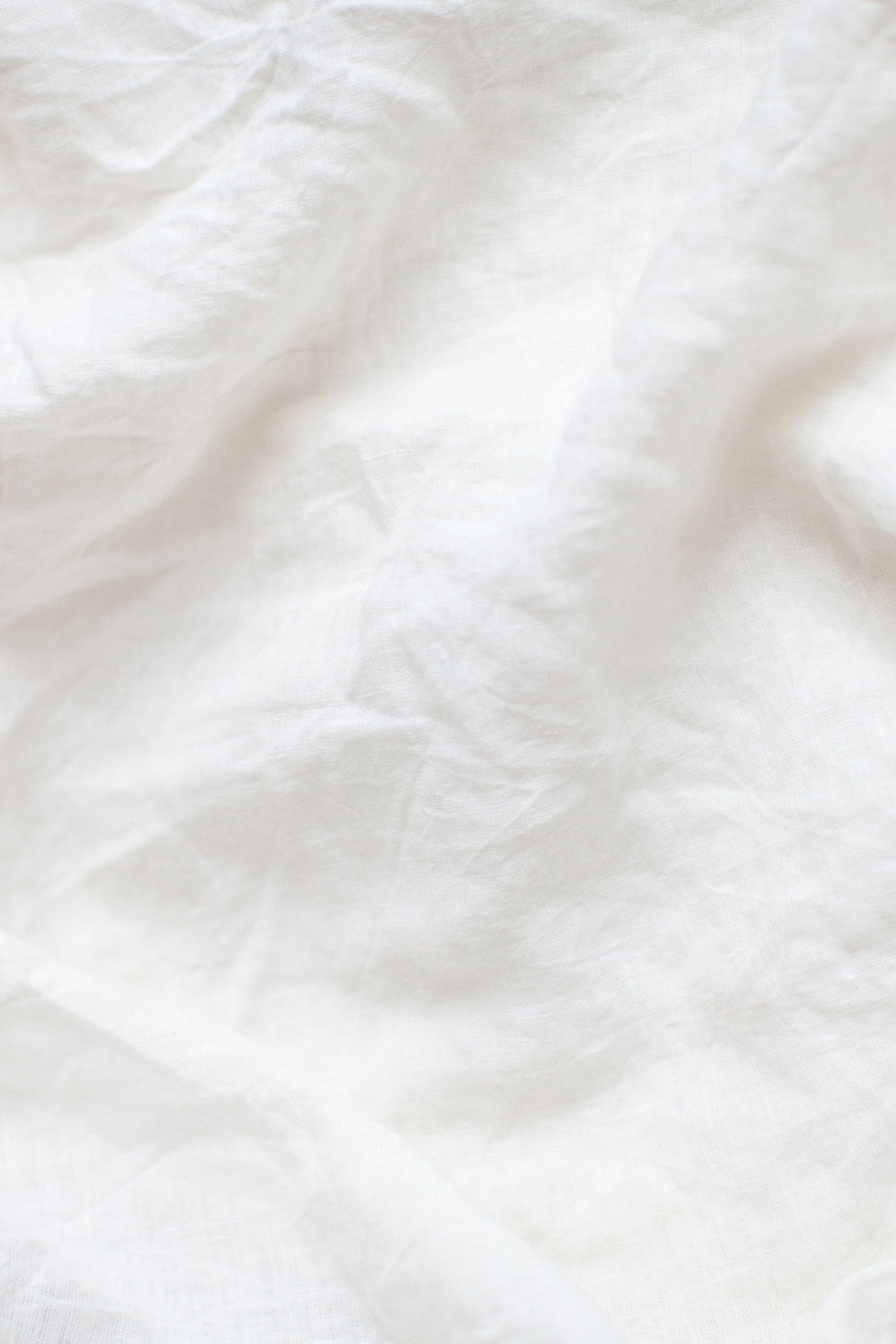
Wool
As a natural animal-based fibre, wool’s impacts typically relate to animal welfare, traceability, and agricultural methods. This is why we source responsible wool, third-party verified to uphold animal welfare principles and responsible land management. Farmers must meet specific animal welfare, land management and social requirements to qualify for RWS certification. Our animal welfare policy is included in our Supplier Handbook and is in place to ensure suppliers uphold the Five Freedoms of Animal Welfare while procuring our animal-based fibres.

Materials we avoid
Along with finding more responsible fabrics for our collections, there are materials that we’ll never use.
These include:
Animal fur including Angora
Exotic skins or hides – we’ll never source any species listed on the CITES (Convention on International Trade in Endangered Species of Wild Fauna and Flora) and IUCN (International Union for Conservation Red) lists of endangered species
PVC (polyvinyl chloride)
Virgin animal derived leather, virgin down or feathers
We also restrict the use of certain chemicals from entering our supply chain. This list applies to our fabrics as well as to our trims and components.
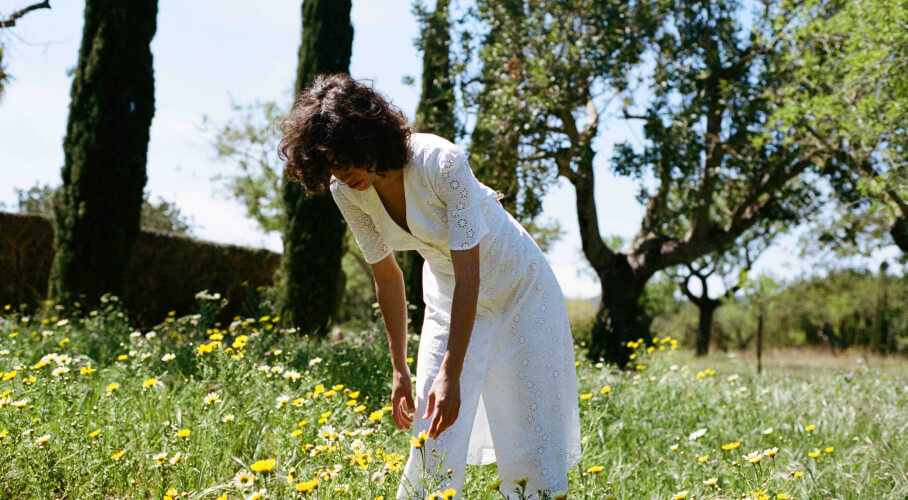
Supply Chain Traceability
We understand our responsibility to map our supply chain as fully as we can in order to have visibility on the systems that make our products. We currently disclose our tier 1 supplier partners on Supply Hub, an
open-source tool that maps garment facilities globally for most clothing brands. We are exploring traceability beyond tier one suppliers and are developing traceability targets.
An exploratory part of our traceability journey, we are building on the success of our pilot Digital Product Passport (DPP) initiative. Through our DPP, customers can scan the QR codes on our care labels, to learn more about the product journey, its materials, trims, responsible care instructions and circularity focused services in place for the end of its life.
Circularity
A circular economy is based on the principles of designing out waste and pollution, keeping products and materials in use and out of waste streams. We are working with our design team on integrating circular design principles into our designs and continue to work with our purpose-led partnerships to elevate our resale, rental, and repair services.
We’re members of Textiles 2030, a new ground-breaking, expert-led initiative, harnessing the knowledge and expertise of UK leaders to accelerate the whole fashion and textiles industry towards circularity and system change in the UK. Textiles 2030 targets include reducing greenhouse gas emissions, water and the amount of virgin materials used.
As well as participating in Textiles 2030, we’re reviewing all areas of our business to assess how circular they are, then we’ll develop our own circular strategy and set appropriate targets.
We’re pleased to have been accepted to be part of the Ellen MacArthur Foundation community. The Ellen MacArthur Foundation is a charity committed to creating a circular economy, which is designed to eliminate waste and pollution, circulate products and materials (at their highest value), and regenerate nature.
Rental
In 2022, we launched on Hirestreet. Since then we’ve been working closely with them and their data to increase options and curate the range on style and sizes to make our rental proposition as efficient as possible. Working with ZOA, we recently integrated our rental 'click to wear' proposition into our own website to help promote more circular shopping habits.
Pre-loved
We’ve been trialling sending faulty customer returns to a company who assess, repair and clean the garments then list them on auction sites such as eBay, keeping them in use for longer. All repair information is fed back to our technical teams who can then continue to improve the quality and longevity of our clothes.
Repair
The most responsible clothes are the ones already in your wardrobe. That’s why on Earth Day in April 2023, we collaborated with SOJO to encourage our customers to keep their clothes for longer. We offered free repairs and alterations in our Carnaby Street boutique. Next we’re looking to work with them to offer customers repairs and alterations through our website. Watch this space.
Take back schemes
Our clothes are produced to high quality standards and are made to be durable. Through research we’ve found that when customers do want to part with their products, they often pass it on to friends and family, re-sell or donate to charity. In terms of a take back scheme, we work with Re-Fashion. Our customers can order a pre-paid responsible bag to fill with unwanted clothing. They then send this to Re-Fashion who’ll resell, repurpose or recycle it on their behalf. None of our clothing leaves the UK through this take back service.
Better packaging
Our product tags are made from certified paper sourced from responsibly-managed forests.
We’ve upgraded our packaging to brown paper that’s also sourced from responsibly-managed forests. Just like our previous bags we were using before, they’re recyclable. To ensure your delivery arrives in top notch condition, you’ll still find a certified recycled and recyclable plastic inner bag inside. However, we’re aiming for a plastic-free future at Nobody’s Child and will continue to review the most responsible solutions on the market as they’re developed.
We’ve also explored paper, oxo-degradable and biodegradable plastic however, such materials need to be properly composted and meet very specific conditions in order to break down into natural matter. In some cases, this type of packaging can contaminate waste streams. When thrown in the bin, they’re likely to end up in a landfill without the proper temperature and oxygen needed to decompose. We’ve opted for recyclable packaging so our customers can help the planet with minimal effort.
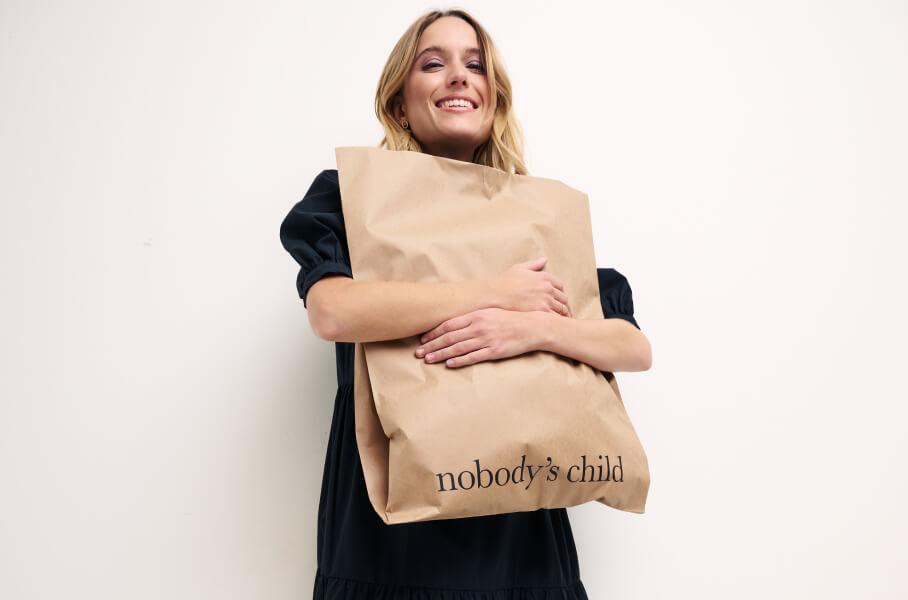
Next steps
Develop our materials mix, continually reassessing the fibres and the threshold, as well as investigating innovative additions to our mix through R&D
Continually explore circularity across our design principles and our purpose-led partnerships through training, tools, and collaborations
Work with our supplier partners on traceability for our Digital Product Passport project with Fabacus, continually improving the methodology and trialling ways to give our customer the best information about their purchase.



